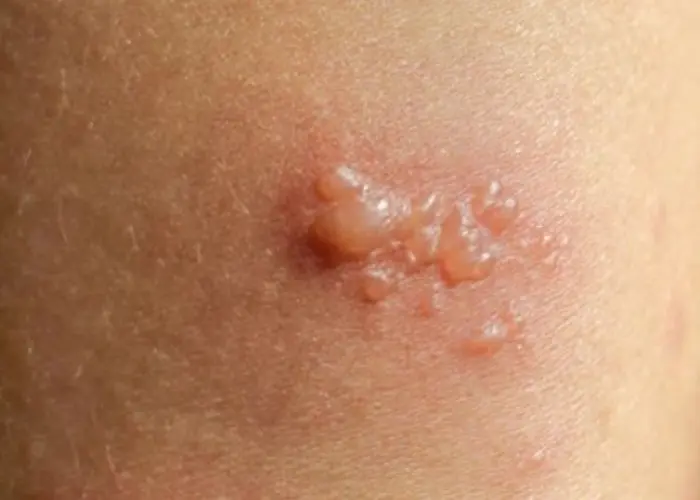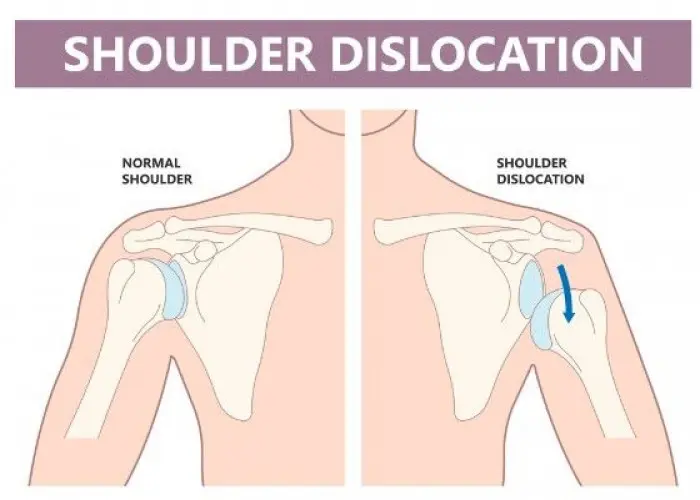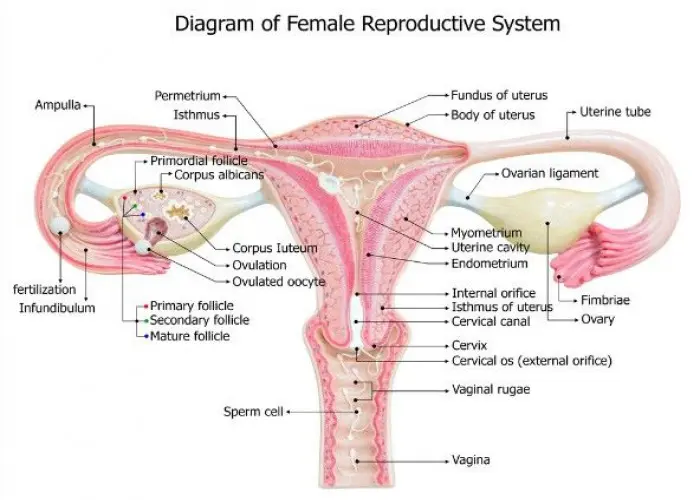 Welcome
Welcome
“May all be happy, may all be healed, may all be at peace and may no one ever suffer."
Stuttering

Stuttering is a speech disorder characterized by involuntary disruptions or blockages in the normal flow of speech. People who stutter may repeat sounds, syllables, or words, or prolonging sounds or syllables, making it difficult to communicate effectively.
The exact cause of stuttering is not fully understood, but it is believed to be a complex interplay of genetic, neurological, developmental, and environmental factors. Stuttering typically appears in early childhood, often between the ages of 2 and 5, and is more common in boys than girls.
There is no cure for stuttering, but various treatment options are available to help people who stutter communicate more effectively. These may include speech therapy, which involves working with a trained therapist to develop strategies to improve speech fluency, reduce anxiety, and increase confidence. Other treatments may include electronic devices or apps that provide auditory or visual feedback to help improve speech fluency.
Support groups and counseling can also be helpful for people who stutter, as they provide a safe and supportive environment to discuss their experiences and feelings, and learn coping strategies for dealing with social anxiety or other emotional issues related to stuttering.
With proper treatment and support, many people who stutter are able to communicate effectively and lead fulfilling lives.
Research Papers
Disease Signs and Symptoms
- Delayed onset of first words
- Anxiety about talking
- Difficulty starting a word, phrase or sentence
- Prolonging a word or sounds within a word
- Brief silence for certain syllables or words, or pauses within a word (broken word)
- Addition of extra words such as "um" if difficulty moving to the next word is anticipated
- Excess tension, tightness, or movement of the face or upper body to produce a word
- Limited ability to effectively communicate
Disease Causes
Stuttering
Researchers continue to study the underlying causes of developmental stuttering. A combination of factors may be involved. Possible causes of developmental stuttering include:
- Abnormalities in speech motor control. Some evidence indicates that abnormalities in speech motor control, such as timing, sensory and motor coordination, may be involved.
- Genetics. Stuttering tends to run in families. It appears that stuttering can result from inherited (genetic) abnormalities.
Stuttering resulting from other causes
Speech fluency can be disrupted from causes other than developmental stuttering. A stroke, traumatic brain injury, or other brain disorders can cause speech that is slow or has pauses or repeated sounds (neurogenic stuttering).
Speech fluency can also be disrupted in the context of emotional distress. Speakers who do not stutter may experience dysfluency when they are nervous or feeling pressured. These situations may also cause speakers who stutter to be less fluent.
Speech difficulties that appear after an emotional trauma (psychogenic stuttering) are uncommon and not the same as developmental stuttering.
Disease Prevents
Disease Treatments
After a comprehensive evaluation by a speech-language pathologist, a decision about the best treatment approach can be made. Several different approaches are available to treat children and adults who stutter. Because of varying individual issues and needs, a method — or combination of methods — that's helpful for one person may not be as effective for another.
Treatment may not eliminate all stuttering, but it can teach skills that help to:
- Improve speech fluency
- Develop effective communication
- Participate fully in school, work and social activities
A few examples of treatment approaches — in no particular order of effectiveness — include:
- Speech therapy. Speech therapy can teach you to slow down your speech and learn to notice when you stutter. You may speak very slowly and deliberately when beginning speech therapy, but over time, you can work up to a more natural speech pattern.
- Electronic devices. Several electronic devices are available to enhance fluency. Delayed auditory feedback requires you to slow your speech or the speech will sound distorted through the machine. Another method mimics your speech so that it sounds as if you're talking in unison with someone else. Some small electronic devices are worn during daily activities. Ask a speech-language pathologist for guidance on choosing a device.
- Cognitive behavioral therapy. This type of psychotherapy can help you learn to identify and change ways of thinking that might make stuttering worse. It can also help you resolve stress, anxiety or self-esteem problems related to stuttering.
- Parent-child interaction. Parental involvement in practicing techniques at home is a key part of helping a child cope with stuttering, especially with some methods. Follow the guidance of the speech-language pathologist to determine the best approach for your child.
Medication
Although some medications have been tried for stuttering, no drugs have been proved yet to help the problem.
Disease Diagnoses
Disease Allopathic Generics
Disease Ayurvedic Generics
Disease Homeopathic Generics
Disease yoga
Stuttering and Learn More about Diseases

Bullous pemphigoid

Reactive arthritis

Blocked tear duct

Dislocated shoulder

Schizophrenia

Encopresis

Female infertility

Lobular carcinoma in situ (LCIS)
stuttering, তোতলা
To be happy, beautiful, healthy, wealthy, hale and long-lived stay with DM3S.
